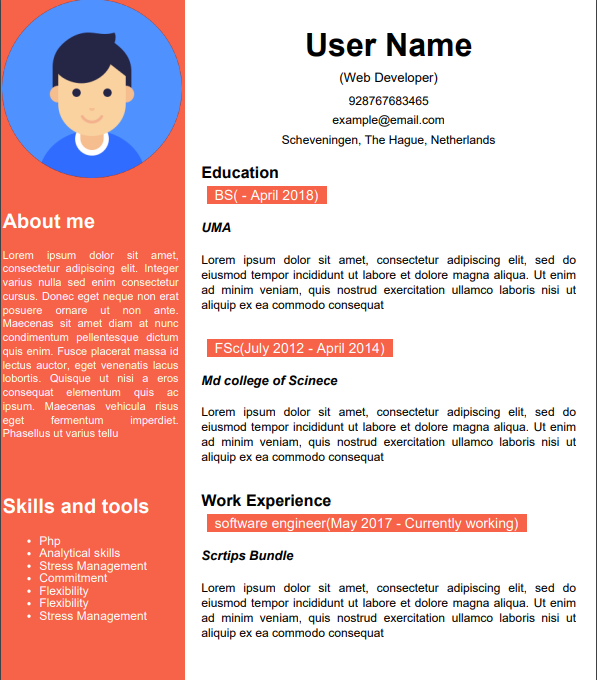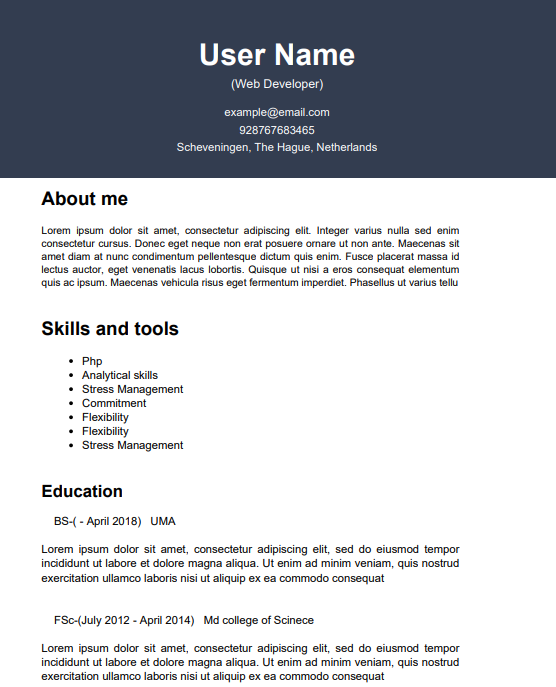Jobs4football meets Sophie Coyne
Jobs4football meets Sophie Coyne
Jobs4football meets speaks with football coach Sophie Coyne about her journey in coaching and her approach to the game. Sophie shares how her experience with a disability football team inspired her to pursue a career in coaching and specialise in disability coaching. She discusses her short-term and long-term goals and how she plans to achieve them and also talks about her coaching philosophy, which is centered around equality, diversity, and inclusion. Enjoy!
Q: What inspired you to pursue a career in football coaching, and what motivated you to specialise in disability coaching?.
A: When I was younger, I was diagnosed with epilepsy, moderate learning disabilities and a global development delay. Although the epilepsy diagnosis came earlier than the others, the experiences of being seen as ‘different’ to my mainstream peers made me stronger.
When I was around 8-9 years old, my old teachers husband set up a disability football team. We were called Heygarth United Disability FC and had people with physical and mental impairments such as downs syndrome, autism and adhd amongst others. I carried on taking part in football throughout my youth years and eventually there became a time when I started college, and I couldn’t take part as much as I’d like to. I got judged a lot because of my ability to play football and the college I attended at the time; I didn’t really like. In the end, I decided to move colleges to The City of Liverpool College and the difference the move made was massive.
In 2021, I started an undergraduate degree in Sports Coaching at Liverpool John Moores University. In September 2023, I will be entering my final year and I will graduate in July 2024. I have had a long-term passion for sport and football specifically since the start of Heygarth United Disability FC.
What inspired me was other coaches who I have had over the years (Stephen Hunt, Ian Atkins my ex-P.E Teacher, Alex Martin and tutors at The City of Liverpool College). I was motivated to specialise in disability coaching because of the times I was judged on my capabilities in relation to coaching. Disability Coaching is something I have wanted to do since I was at school and helping people is what I do best. My passion for sport has grown significantly in the amount of time I have been participating and coaching for.
Q: What are your short-term and long-term football coaching goals, and how do you plan to achieve them?
A: My short-term goal is to improve my coaching experience by continuing to volunteer for Liverpool Feds Women’s and Girls Football Club by learning through my coaches Casey and Dave as well as assisting with the sports holiday camps at Greenbank Sports Academy. I am looking forward to improving my coaching skills to be able to get a full-time job in coaching in the future.
My long-term goal is to gain my UEFA B Licence to give myself more opportunities to be more employable in the future. This will hopefully increase my chances of getting employed more easily and as a result, make me stand out from other potential candidates along with my disability coaching experience.
Q: What is your coaching philosophy, and how do you adapt it to different players and teams?
A: This is something I have had to think about for a while. I concluded through a discussion with one of the Feds coaches that my philosophy is Equality, Diversity and Inclusion.
Equality meaning that my players are treated for the lovely people they are, giving each player enough time on the pitch to make a difference to their football enjoyment and mental wellbeing. When I am with Liverpool Feds, I ensure each player knows how well they played and what they are able to do better with the help of my other coaches but we do this in a positive way.
Q: Could you share a few examples of challenging situations you faced while coaching, and how did you overcome them?
A: When I started coaching for the first time, I had participants with learning disabilities, and they were friendly but sometimes also really shy. I asked them if they were ok and a lot of the time they would say they were fine and I’d ask them again but I didn’t know their disabilities as well as I thought I did so later on I was offered courses on multiple disabilities such as Autism, visual impairments and deaf/hard of hearing. I immediately took these opportunities, and I became more confident in managing participants with disabilities.
Another time, I did a coaching session for around the second or third time and it wasn’t working as I’d planned. I spoke to my club’s (mainstream one I coach now as well as the odd disability session) coach, and they helped me develop some new ideas of ways to adapt my session. As I have got to know my group, I have started to realise the drills I got may be too difficult for them and therefore, they need adapting, so I have done similar drills with adaptations in the last few weeks and they were better than the first time, that’s for sure.
Q: What do you think are the most important qualities of a successful football coach, and how do you incorporate them into your coaching style?
A: The main one is perseverance, like anything else in life, you have to keep going when things get tough. A lot of the time I could have given up coaching and just focused on being a player given the number of times I’ve been judged but I managed to carry on and complete more of my coaching badges to become a better coach. I incorporate this by trying to be positive
Realising all good things take time is important. This is just the start of my coaching journey, but I would like to keep on improving myself and my coaching in the future and I am lucky to have the support I have around me which include people from my local county football association, my club that I also play for and the club I coach at every week as well as the coaches within the mainstream club I coach at who I assist on a Wednesday and Saturday regularly.
Q: How do you stay up to date with the latest coaching techniques, trends, and strategies in football?
A: I look at the England Football session plans every week to see how suitable they are for my participant age group and ability but a lot of the time, I follow things my mainstream club I coach for recommend and listen to other coaches who are more experienced to progress my development.
Q: How do you balance your academic studies with your coaching responsibilities, and how do they complement each other?
A: I balance studying with gaining experience. Gaining experience is important for my future career and I have a break three days a week three days a week outside of uni times (Monday, Friday and Sunday) where I do things that I like to do outside of coaching or have a rest day to reflect upon my coaching. They complement each other because I also play for a team so allowing myself to play and coach really helps with understanding the game better.
Coaching gives me an idea of how my players may be feeling and what I need to do to be a better coach.
Q: What do you enjoy most about coaching players with disabilities, and how do you ensure that they receive the same level of coaching as other players?
A: Coaching players with disabilities is something I consider to be very important. When I coach people with disabilities, I see more of an insight into their disabilities as well as my own. I get to see how they differ and how their disabilities affect their participation in football and in life.
I ensure they receive the same level of coaching to others by treating them with the same respect as I would give to anyone else. They deserve all the respect they get and more. When I coach players with disabilities, I adapt my coaching philosophy to meet the needs of those players and anything that needs adapting to ensure they can participate in football.
Q:. What are your thoughts on the current state of women’s football, and how do you think it can be further developed and promoted?
A: It’s come a long way since the lionesses won the match that made them even more recognised than they were. It would be good to hear from females who are playing and coaches in the academies and at grassroots level to promote women’s football and their journeys from when they started playing/coaching. I would be happy to provide the FA with this too in the future if it was done.
Q: Could you describe a coaching moment that you are particularly proud of, and what did you learn from that experience?
A: recently managed to do a session independently but with a small amount of support from another coach in my mainstream club that I coach weekly. I was usually the assistant but coaching independently gave me an idea of the responsibilities the coaches take on every week such as planning sessions.
Some of the parents even said about how impressed they were with my coaching skills and the other coach was supportive too. I learned how to coach independently while ensuring my players were safe and my drills were fun and effective in player development.
Sophie has an infectious passion for the game and a tenacious desire to develop her football career with the support of Jobs4football. Good luck Sophie!


